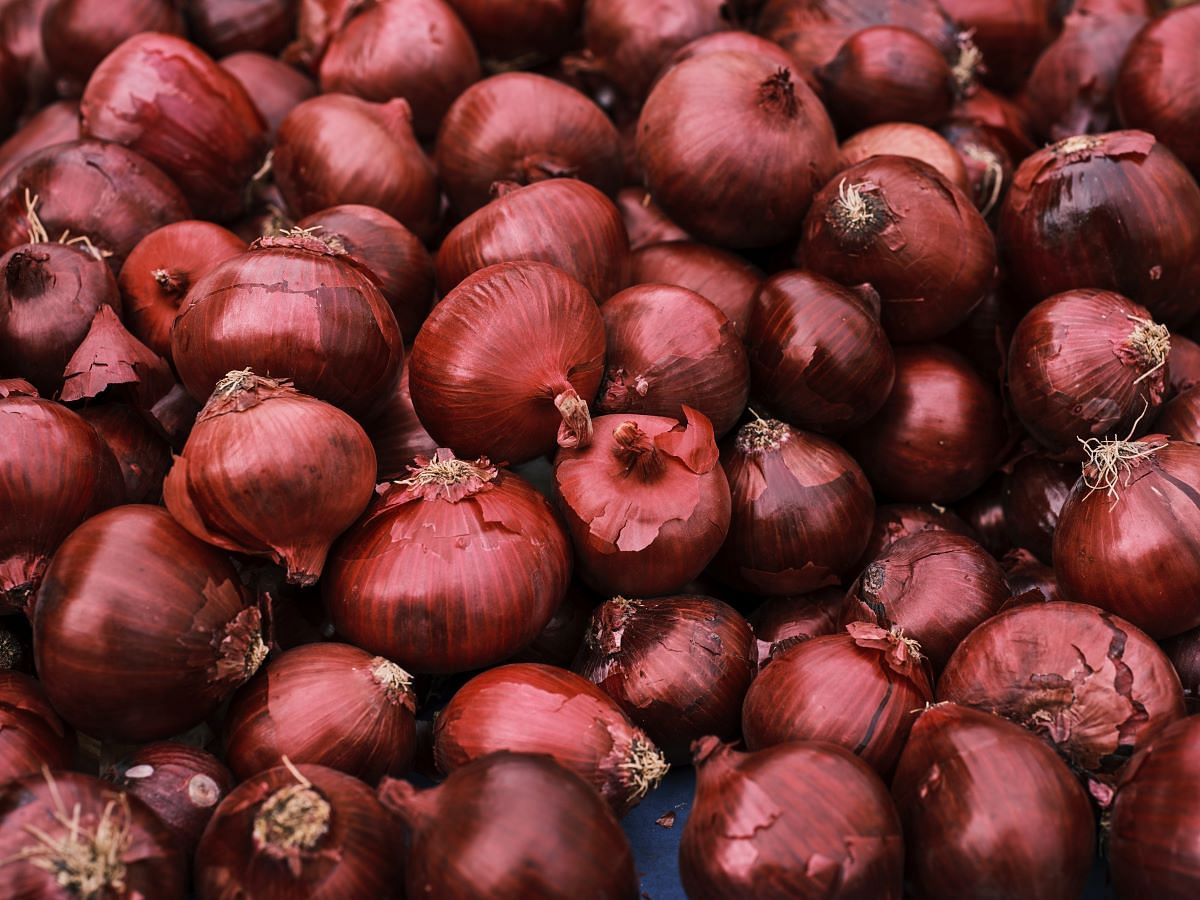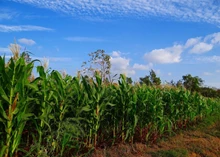
In a bid to shield consumers from soaring onion prices attributed to the delay in the arrival of the Kharif crop, the Indian Government has initiated an aggressive retail sale of onions from its buffer stock. These onions will be made available to consumers at the subsidized price of Rs. 25 per kg. This latest move is part of a series of measures put in place to ensure the availability and affordability of onions for domestic consumers.
Among the measures previously implemented to curb rising onion prices was the imposition of a Minimum Export Price (MEP) of USD 800 per metric ton, effective from October 29, 2023. Additionally, the government increased its buffer procurement by an extra 2 lakh tons, bringing the total to 7.06 lakh tons. They have also been consistently releasing onions through retail sales, e-Nam auctions, and bulk sales in wholesale markets since the second week of August.
The Department of Consumer Affairs has embarked on an ambitious plan to distribute onions through various retail outlets and mobile vans. Organizations such as NCCF, NAFED, Kendriya Bhandar, and other state-controlled cooperatives are participating in this initiative, offering onions to consumers at the subsidized rate of Rs. 25 per kg. As of November 2, NAFED has established 329 retail points across 55 cities in 21 states, while NCCF operates 457 retail points in 54 cities across 20 states.
Kendriya Bhandar has also commenced retail sales of onions in Delhi-NCR from November 3, and Safal Mother Dairy will follow suit this weekend. In the southern states, the Hyderabad Agricultural Cooperatives Association (HACA) is overseeing the retail sale of onions. To manage the seasonal price fluctuations between rabi and kharif crops, the government has maintained an onion buffer by procuring rabi onions for a calibrated and targeted release. This year, the buffer size has been raised to 7 LMT from 2.5 LMT in 2022-23. To date, 5.06 LMT of onions have been procured, with the procurement of the remaining 2 LMT in progress.
The government's proactive measures have already begun to yield results, with onion prices in the benchmark Lasalgaon market dropping from Rs. 4,800 per quintal on October 28, 2023, to Rs. 3,650 per quintal on November 3, 2023, marking a 24% decline. Retail prices are expected to follow a similar downward trend in the coming weeks.
This effort to stabilize onion prices comes on the heels of a similar intervention in the tomato market earlier this year when prices soared due to supply disruptions caused by monsoon rains and white fly infestation. The government procured tomatoes from producing states and supplied them at highly subsidized rates, successfully reducing retail prices from a peak of Rs. 140 per kg in the first week of August to around Rs. 40 per kg by the first week of September.
In addition to the measures related to onions, the government has also launched the 'Bharat Dal' initiative to ensure the availability and affordability of pulses to ordinary households. Bharat Dal is being offered at subsidized prices of Rs. 60 per kg for 1 kg packs and Rs. 55 per kg for 30 kg packs. This initiative aims to provide dal for retail sale to consumers and for distribution to the Army, CAPF, and welfare schemes through NAFED, NCCF, Kendriya Bhandar, Safal, and state-controlled cooperatives in Telangana and Maharashtra.
As part of the Bharat Dal program, 3.2 LMT of Chana stock has been allocated for conversion, with 75,269 MT already milled and 59,183 MT distributed through 3010 retail points across 282 cities. In the coming days, the supply of Bharat Dal is set to increase, making over 4 lakh tons of Bharat Dal available to consumers throughout the country.











